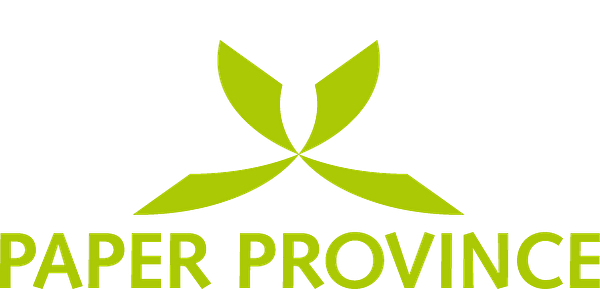Pressmeddelande -
Presentation of world-wide unique dewatering press
– Can save energy corresponding to heating of 25 000 detached houses.
A new world-wide unique dewatering press was presented today in Säffle, Sweden. The press can save large amounts of energy in several industrial fields. In Swedish sawmill and bioenergy production alone it can reduce energy consumption corresponding to that required for the heating of 25,000 detached houses and in the transport sector it can reduce the volume of biofuel transportation by two thirds. The patented press has been pilot-tested for a period of one year and is now ready for commercialization.
The press is intended primarily for the dewatering of solid biomaterial such as wood chips and shavings from sawmills before being used as biofuel. Biomaterial contains up to 50% water which must be reduced to increase its calorific value before firing or converting into pellets. Conventional drying techniques require large amounts of energy, but the new press can remove almost half of the water before drying. This means that sawmills with pellets production can save energy corresponding to six large wind power units, or the heating of 3 500 detached houses (55 GWh/year).
Tenfold greater potential
The press can also be utilised for dewatering of chips, bark and rejected tops and branches in the production of gaseous and liquid biofuels. Estimated on the basis of the present potential of sawmill shavings and pellet production for the whole of Sweden the press can save 390 GWh/year, corresponding to the heating of 25 000 detached houses. However, if the use of forest raw material and residual farming products in the production of various biofuels and bio-based material increases as estimated the potential is ten times greater. The moisture content after pressing will be low and very even, thus facilitating favourable control of subsequent processes. In addition the press separates bark from wood when dewatering rejected tops and branches. High-quality pellets can be made from the wood.
Large savings in transportation
Other feasible applications are timber terminals. If biomaterial is dewatered and compacted prior to transportation it could result in considerable savings through a higher calorific value, 2-3 times, per transported unit volume. One goods wagon instead of three if softened chips are baled. There is also considerable interest in dewatering of crops and residual farming products.
Simple impregnating
The fact that the chips are softened by pressing can also be of considerable advantage in further processing of raw wood material. The press can also impregnate chips because impregnating fluid surrounds the chips as they expand after being compressed. The impregnating will be total. When impregnating with hot liquid, pyrolysis oil, glycerol, etc, the chips dry within 1 second to desired dryness. At the same time the chips collapse (lumen) to considerably reduced volume. Density of 1000 kg per cubic metre can be achieved. Considerable savings in transportation will result even without baling.
Commercialization pending
Behind the press stands the entrepreneur and innovator Stefan Sobota, who is also financing the plant. Design and project management has been conducted by Etteplan in Karlstad, and CS-Produktion in Säffle has made the press. Shavings and chips of various species have been tested in the pilot plant and verified by researchers at Karlstad University, with good results.
The project is now entering a commercialization phase with the cooperation of Paper Province. Building a full-scale machine for operation at a sawmill is the next step.
– We se great potential for this equipment in the saw mill industry. Our ambition is to have full scale machine installed at a client during next year, says Anders Wikberg, Senior Lead Engineer at Etteplan.
– This technology appear to be a very energy efficient method for dewatering wood chips and impregnating it with different kinds of fluids, but I also think it can be used in other applications in the future. For example in pulping and to manufacture different kinds of new materials, said Gunnar Henriksson, Professor of pulp technology at the University of Karlstad, and professor of wood chemistry at the Royal Institute of Technology in Stockholm.
For further inquiries please contact:
Stefan Sobota, originator and financier of the dewatering press, Copolia SA
Phone: +41-78-912 88 65
Anders Wikberg, Senior Lead Engineer, Etteplan
Telefon: +46 730-338 963
Carl Zotterman, Project manager, Paper Province
Telefon: + 46705-177 976
Ämnen
- Kemikalieindustri
Kategorier
- energy saving
- dewatering
- bio fuel
- c-s produktion
- etteplan
- stefan sobota
- paper province
Regioner
- Skåne
Paper Province is a business cluster for forestbased bio economy in mid Sweden. The cluster organization is owned and managed by a hundred member companies, from global giants to local sub contractors. Through cooperation we develop the competitive powers of the region as well as our member companies. Paper Province has a national assignment by the National Swedish Innovation Agency to develop a regional forest bio economy.
